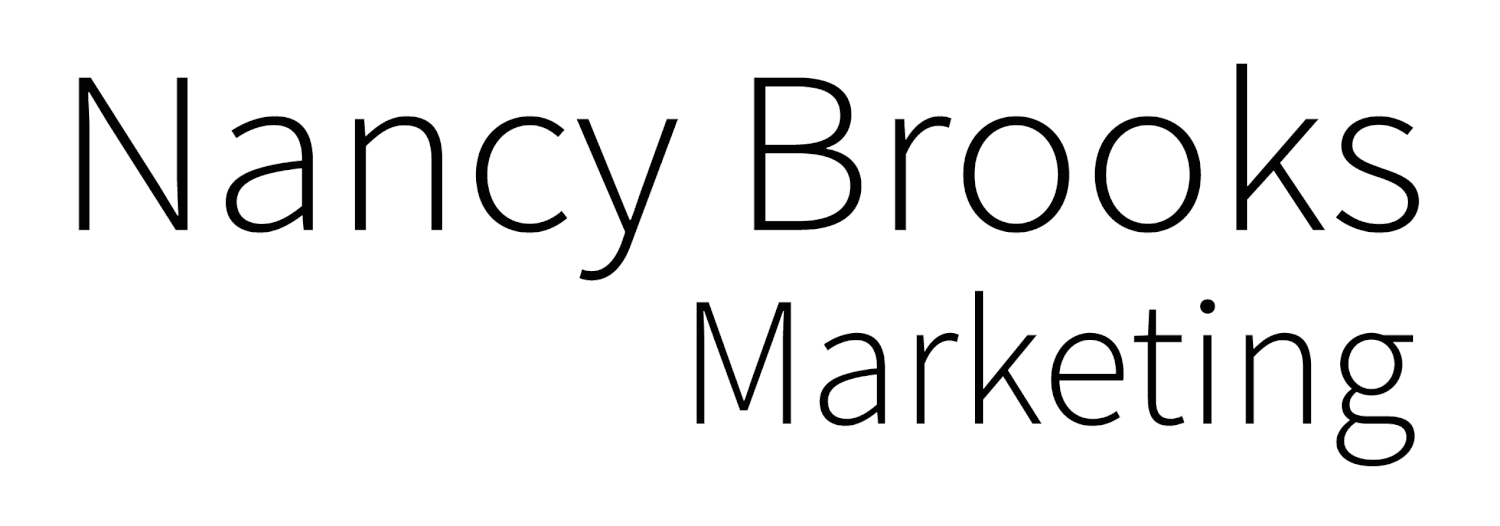And now, down to business.
Those (two or three) of you who have been reading my posts these last couple of months may well be wondering whether this is a blog about learning French or a blog about watching soccer. (Bonne question!)
So – especially now that Teams Canada and USA have been knocked out of the World Cup ;) – let’s get down to business.
I’m continually surprised (and then, at the same time, not surprised) that more Vermonters don’t think sooner of Montreal, especially when it comes to business. The same way that people often ask my husband and I why we wouldn’t be fans of the New England Revolution instead of CF Montreal, it seems that people would sooner travel farther in another direction than have to speak another language.
Notice I didn’t say “have to cross a border.” Why? Because I don’t think the border itself is that big a barrier for most Vermonters. I think the language factor is plus formidable.
Before the pandemic, anywhere between 33,000 and 34,000 passports were being issued each year in Vermont, according to the US State Department. With passports being valid for 10 years, a quick “back of the napkin” estimate is that just over 50% of the state’s small population of 645,000 held a valid passport before COVID shut things down for a while. (This exceeds the national average, by the way; also according to the US State Department, only 45% of Americans have a valid passport.)
And by the way, Vermonters – unlike the majority of our more centrally-located American counterparts in other states – also have the option of using an Enhanced Driver’s License to enter Canada, at substantially less cost than a passport (an EDL costs an additional $30 above and beyond the normal driver’s license, whereas a passport will run you $165).
But I’ve encountered loads of people – including at the swimming pool in my city of St. Albans, just 18.4 miles south of the nearest border crossing in St-Armand – who say they never go to Montreal because they can’t speak French. And that’s just for a weekend tourist visit; the intimidation factor is surely much greater when it comes to commerce.
All this is a lead-up to say c’est dommage – especially since so many Vermont businesspeople lament the small size of our home market. As mentioned earlier, our statewide population is about 645,000, and when you start parsing that number by target demographics, there are only so many people in Vermont who are interested in your product or service. To borrow an old cliché about tiny, rural Vermont, it may well be true for some businesses that there are more cows here than customers.
Montreal, on the other hand, has a metro-area population of 4.2 million. It’s just a bit smaller than Boston (metro population 4.9 million) – but Boston is 4 hours away from Vermont’s most populous county. You could get from Burlington to Montreal in half that time.
Those who conquer the language barrier set ourselves up for a great opportunity. And the class I’m taking now, unlike the French 101 and 102 classes we remember from high school, is specifically business-oriented, from the very first module. You start out with things like giving out phone numbers and addresses, doing simple transactions, and learning how to talk about different titles and professions. Before you learn how to order a meal in a restaurant, you learn how to ask, “Who is the manager at your brother-in-law’s investment firm?” (Yes. Seriously!)
And here’s a final thought. Those who say that physical distance doesn’t matter so much anymore, in the “Teams and Zoom age,” would technically be correct. Boston is indeed closer to Vermont, or to anywhere, than it was before COVID. However, I think back to a situation I encountered a year and a half ago, during the pandemic, when my biggest client had stopped advertising on local television and my income had been cut in half.
For months, I had combed the marketing and writing job listings on LinkedIn, looking for contract and freelance gigs. An interesting ad kept popping up, for a fashion label based in Montreal that needed an English-language writer to help them perfect their online product descriptions for the US market. I clicked right away, and everything about the role – the work, the hours, the remote-is-okay, the match for my experience (I’d been the marketing director for a retail company for a decade) – was a perfect fit. Except for the fact that the writer needed to also be able to speak French.
That lost opportunity was driven home even harder to me when, on a visit to Montreal’s Old Port neighborhood later that year, my husband and I happened to walk right past that company’s offices. Ugh! I thought, as I recognized the sign on the building. If only I spoke French, I’d stop in and introduce myself!
La prochaine fois, though, I’ll be ready. Particularly if anyone at the pre-game tailgate outside Stade Saputo starts asking around for a content writer.
And finally — if any of you happen to meet someone on your next trip to Montreal whose brother-in-law manages mutual funds, just remember this:
« Qui est le directeur de l’entreprise d’investissements de votre beau-frere ? »
Good luck, and thanks for reading!
